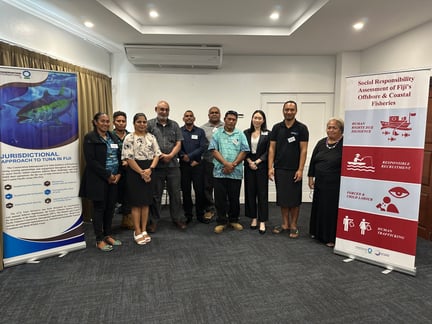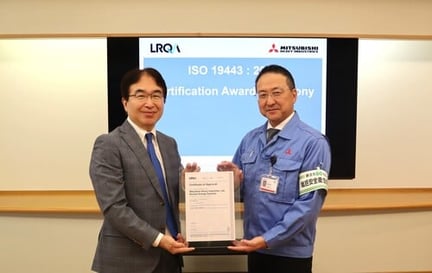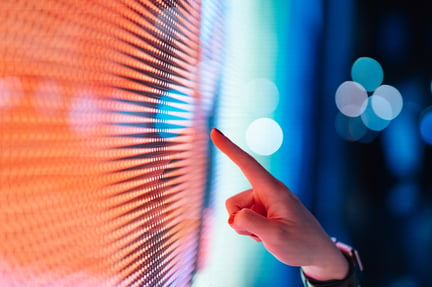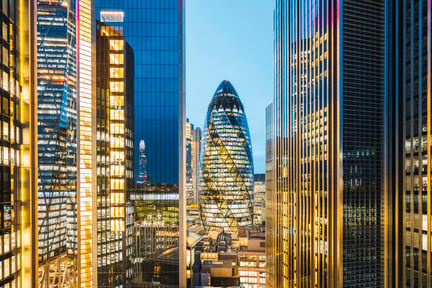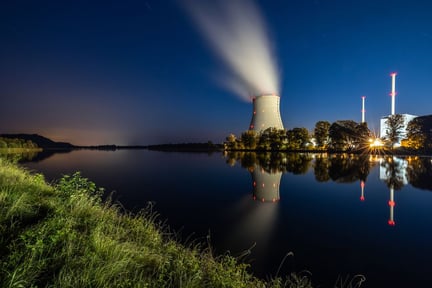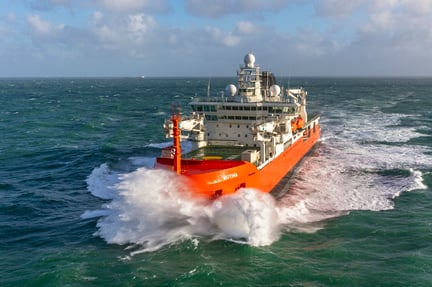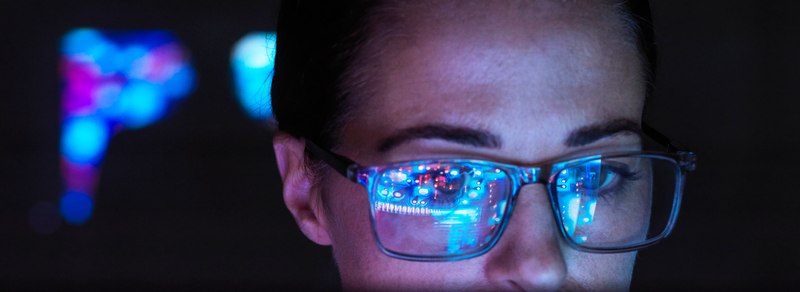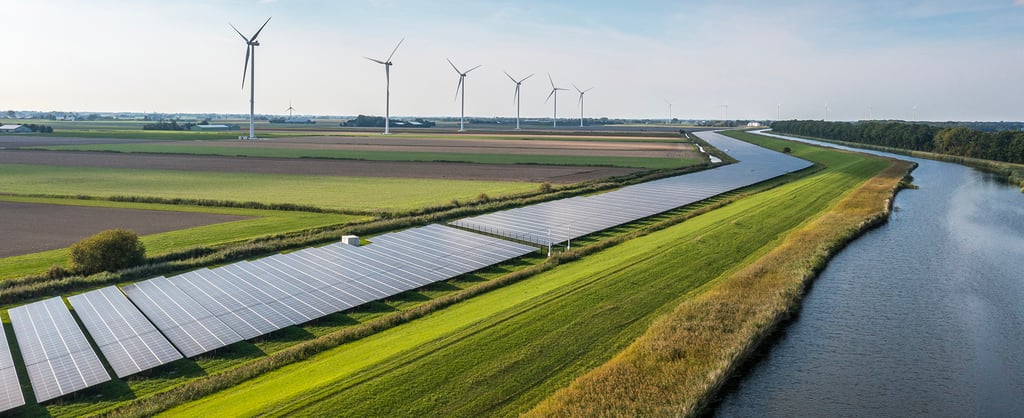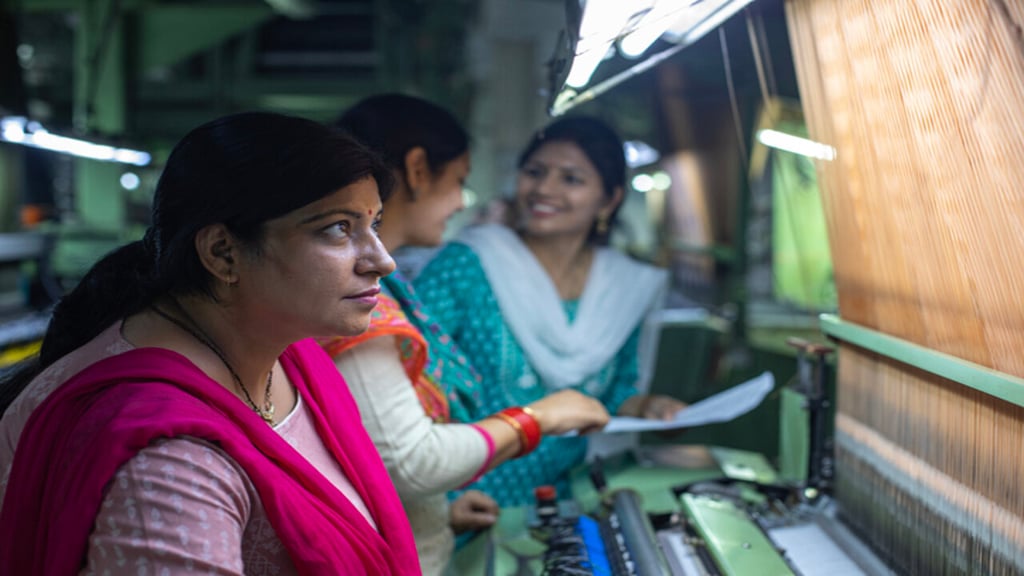LRQA's Group Health, Safety, Environment and Security Director James Pomeroy discusses in this three-part series, how well-prepared businesses are to deal with major crises and what lessons we have learned so far.
The COVID-19 pandemic has driven lots of companies to scrutinise their supply chains, bringing in new emergency suppliers to ensure an uninterrupted delivery of manufactured goods. For others, such as supermarkets, healthcare organisations and other providers of essential services, it has meant a rapid recruitment drive to ensure capacity.
For most, it’s driven a focus on technology – which parts of a business can switch to remote delivery and how can we ensure our workforce stays in touch? Indeed, remote support and technology have been the saviours of this crisis for thousands of organisations of all shapes and sizes. Driving digital delivery has been key for many businesses – and LRQA is no different. Our ability to stay connected through online platforms has been crucial and enabled us to stay in touch not only with our colleagues both locally and overseas, but with our Accreditation Body stakeholders - including those who are changing their policies on remote assurance daily – and our customers all over the world.
An increased focus on remote assurance has enabled us to continue to deliver essential services to the businesses we work with. Remote audits, inspections, surveys and online training delivered through safe and secure platforms and applications mean that wherever possible, we can deliver the same services online that we provided before on-site and in person; easily and safely – and with the same outcomes as seen previously.
When we’re in times of crisis, there is often opportunity if only we can have the collective mindset to find the silver lining. With the right framework in place and with more decentralisation, it’s incredible how people can make things happen quickly and effectively, especially when there’s a real sense of urgency driving decisions. We don’t need hierarchy, we need agility.
Black swans
Some may say that COVID-19 is a prime example of a ‘black swan event’ – ‘an unpredictable event that is beyond what is normally expected of a situation with potentially severe consequences. Black swan events are characterised by their extreme rarity, their severe impact, and the widespread insistence they were obvious in hindsight.’ Whether we want to admit it or not, black swan events do happen and it’s vital we don’t let our guard down because ‘we have a plan in place’.
We are living in a world of black swan events – we can’t discount the rare or unpredictable and we must accept that random events do happen and that they’re happening more often than ever before. It’s during these events that our ability to adapt and show immense resilience is well and truly put to the test. What COVID-19 and other crises in recent times have shown us is that we need to be dynamic, agile in our response and encourage innovative, critical thinking that allows us to embrace new ways of working quickly and without delay. Without this, our way of working, living and staying connected is very much at stake.

